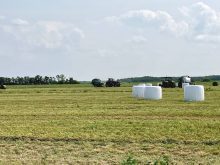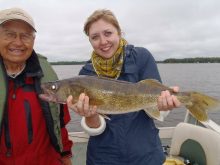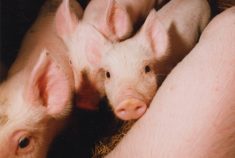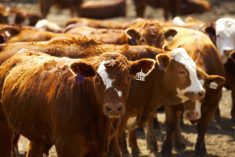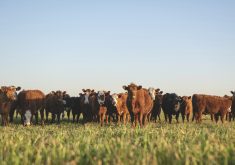The imminent appointment of a TB co-ordinator will hopefully end the “bureaucratic gridlock” and reform the effort to eradicate bovine tuberculosis in the Riding Mountain area, says the general manager of Manitoba Beef Producers.
“It hasn’t been announced, but it’s very close,” Cam Dahl told attendees at the association’s recent District 12 meeting. “It’s something that I’m hoping will happen in the near future. But again, this involves government processes and can sometimes take longer than expected.”
For at least two years, the association has lobbied the provincial and federal governments to appoint a TB co-ordinator with a clear — and sensible — mandate for stopping the spread of the chronic disease from wildlife in the Riding Mountain National Park area. Currently, the eradication effort is overseen by a committee composed of representatives from the Canadian Food Inspection Agency, Parks Canada, Manitoba Conservation, Manitoba Agriculture, Food and Rural Initiatives, and others. That’s created “complete stagnation” due to jurisdictional issues, said Dahl.
Read Also
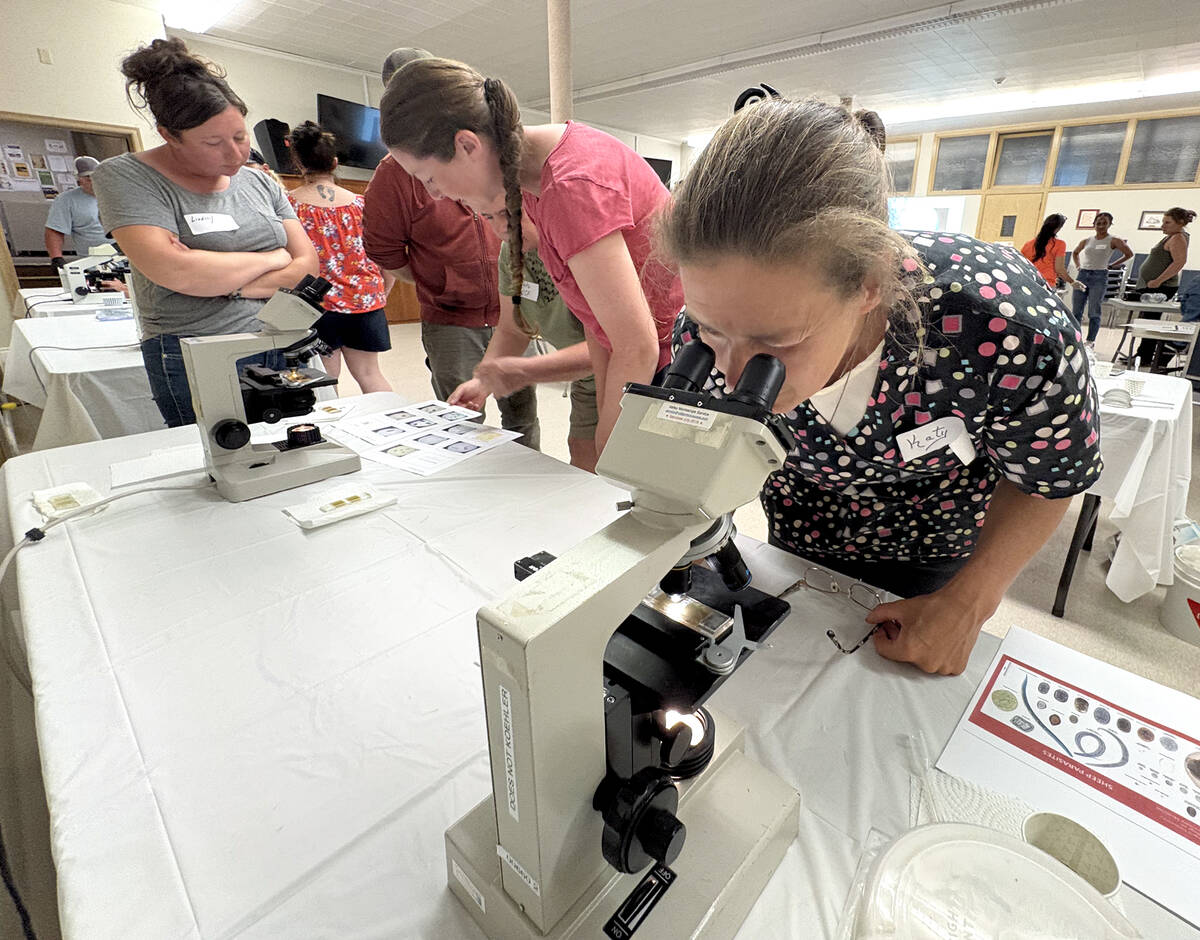
Smart deworming for sheep starts with individual fecal egg counts
Fecal egg count tests are one step to managing dewormer resistance and managing sheep parasites on Canadian sheep farms to maintain flock health.
“Let’s make it somebody’s responsibility and get it done,” he said.
The CFIA has announced that the 2012-13 TB testing season will focus on 3,400 cattle from 26 herds within a 10-kilometre buffer zone next to the so-called “core” area of the park, directly south of Grandview and north of Rossburn. Also, herds in the RMs of Rosedale and McCreary that were in close proximity to the spot where a TB-positive whitetail deer was found in 2009 will be tested. A new risk-assessment process created by MAFRI and the CFIA will be used to establish herd-testing frequencies.
Dahl warned producers who use production practices such as bale grazing in the eradication area are likely to see their herds tested more frequently.
Meetings will be held ahead of the upcoming testing season to explain the process in more detail for producers, he added.
Manitoba Beef Producers is also seeking “full compensation” to cover the costs of mustering cattle for the two-day testing regime, which a MAFRI assessment has pegged at $14 per head. However, the provincial government has stopped contributing $6 per head towards that cost, leaving the MBP as the only contributor to the mustering fee support program at $1 per head.
Other initiatives undertaken by the association include a “matchmaking” service in conjunction with the Manitoba Wildlife Federation that would help landowners in the area hook up with hunters in order to increase the number of wildlife samples for TB testing.
Dahl added that a TB co-ordinator would ideally be able to apply decisive leadership and bring all stakeholder groups together to pinpoint a solution.
Action is sorely needed, he added, because cattle ranchers in the park area have been quitting the business at a rate four times as high as in other areas.
“We’re looking for wild animals to be treated the same as your herds if TB is found to be present in them,” said Dahl.






